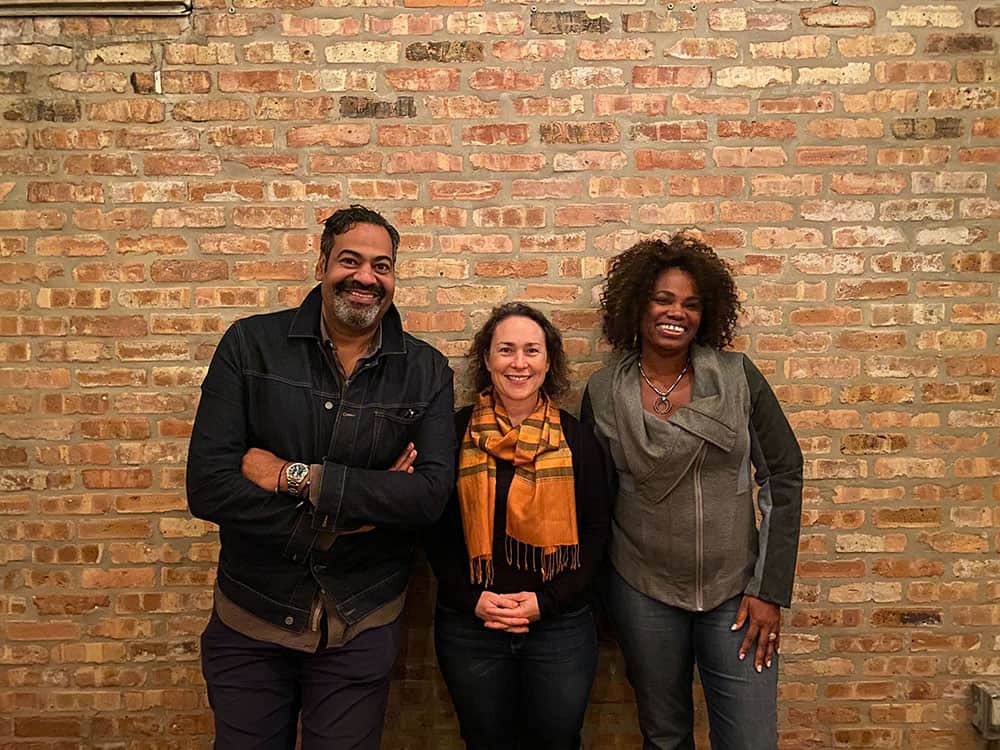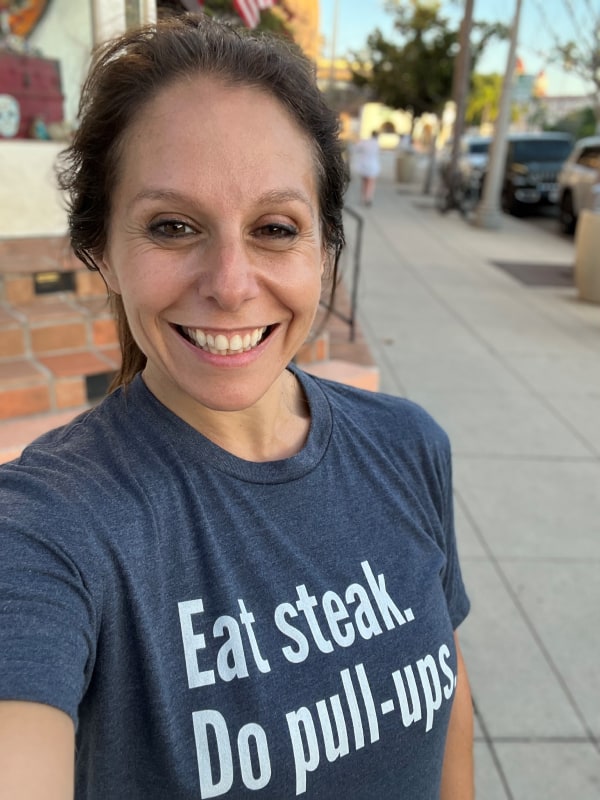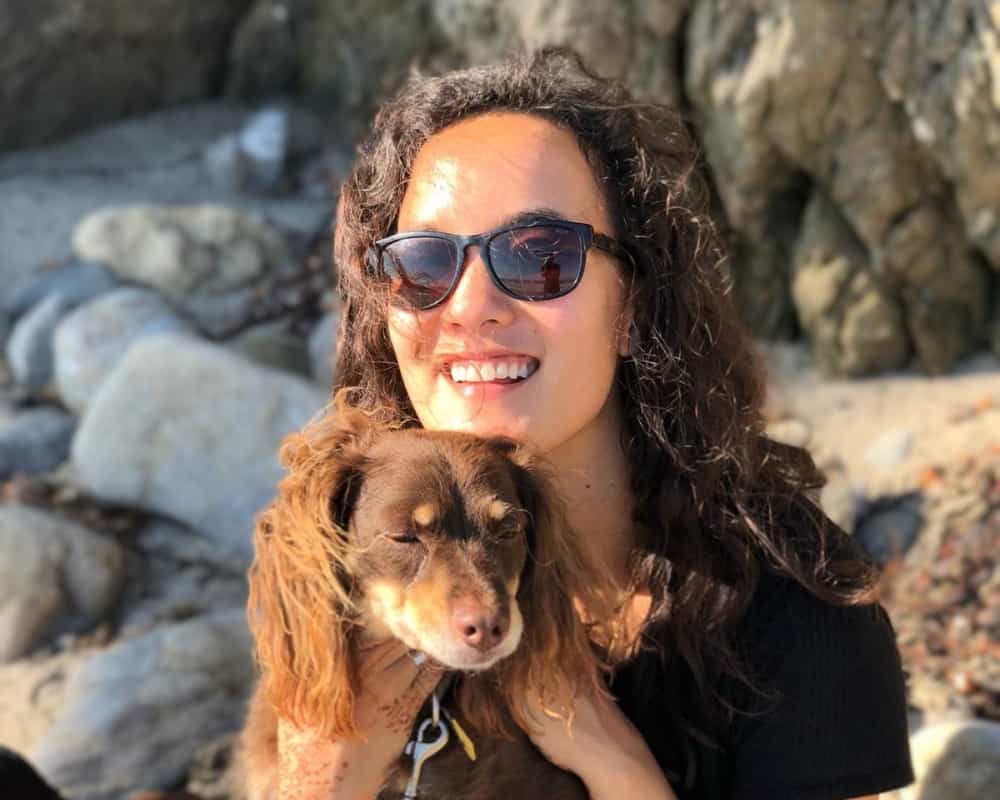The experience of bias and its fallout has been a profoundly influential aspect of Ulupreneur Tolonda Tolbert’s life. Growing up in Colorado Springs, she was part of the first generation of Blacks to be integrated into Colorado schools and was bused to a school an hour from her home. An excellent student, Tolonda says teachers often didn’t believe that she earned the highest grade, so they would put her in a different room and make her rewrite the essay. She still came out on top, and hopefully taught some lessons along the way about the harm of stereotypes.
She initially majored in engineering at the University of Colorado, where she was one of very few women in her classes—and usually the only Black woman. She got tired of fighting to be seen and heard, so she switched her major to English.
After college, Tolonda hit the road for two years, heading south to Mexico and Central America overland; on the way, she happily discovered Afro-Latino culture. She became fascinated by the fact that there were Black people in Mexico and Central America who spoke African languages and some had never been enslaved.
Upon her return and with plans of becoming a professor, she earned an interdisciplinary – PhD that combined Anthropology, Ethnic Studies, Comparative Literature and Women’s Studies. But she didn’t want her research to sit on a shelf, she wanted to be hands-on, using her work in the field to help people in the community.
She joined the Anti-Defamation League, initially working in early-childhood education, and served as their anti-bias education specialist for 17 years. She also began working at Catalyst, an advocacy and research organization, doing long-term strategic planning for Fortune 500/1000 companies’ diversity and inclusion initiatives. Everywhere she looked she saw the same barriers to equity in companies, no matter the industry.

Tolonda knew integration was key to sustainable culture change: people needed more than a day-long workshop. She joined forces with co-founder Debra Kadner and serial Ulupreneur Tom Chavez to build Eskalera, an employee empowerment platform that teaches durable skills and helps organizations build inclusive cultures. They later hired another co-founder, Dane Holmes, as CEO. Eskalera is now in 36 countries.
We spoke with Dr. T, as she is affectionately known, about how bias shaped her worldview and passion, and asked about her tips for founders building companies.
How did you get your first customers?
We launched at my former organization, Catalyst, so some of our first customers were from networks there; we also did a lot of market research. But utilizing our personal networks was our main focus.
What are your tips for fundraising?
When it comes to fundraising, the most important thing is to expand your network. Often, women of color are outside of those networks of power. One of the things that I did was go out and do free speaking engagements to get people interested. I’d speak at the University of Colorado, the City of Boulder, and the Chamber of Commerce. I believe in doing things that don’t have any kind of immediate gratification—but may help build a relationship that is important to achieving your goal.
What have been the challenges in the current economic climate?
It’s a very tough fundraising climate for all founders, but even more so for founders of color. . When there are challenges, you want to make sure you do things in the most ethical way. You have to try and be as transparent as you can be and preserve the pillars of your organization. And it’s critical during tough times to maintain people’s dignity and keep doing the important work.
What are your dreams for Eskalera?
My dream for Eskalera is to have a positive global impact. We are already in 36 countries and the data we are collecting is going to become research about what works to make people feel that they belong in an organization. My dream is always to help the global workplace become an even playing field where ALL employees have the opportunity to thrive.




